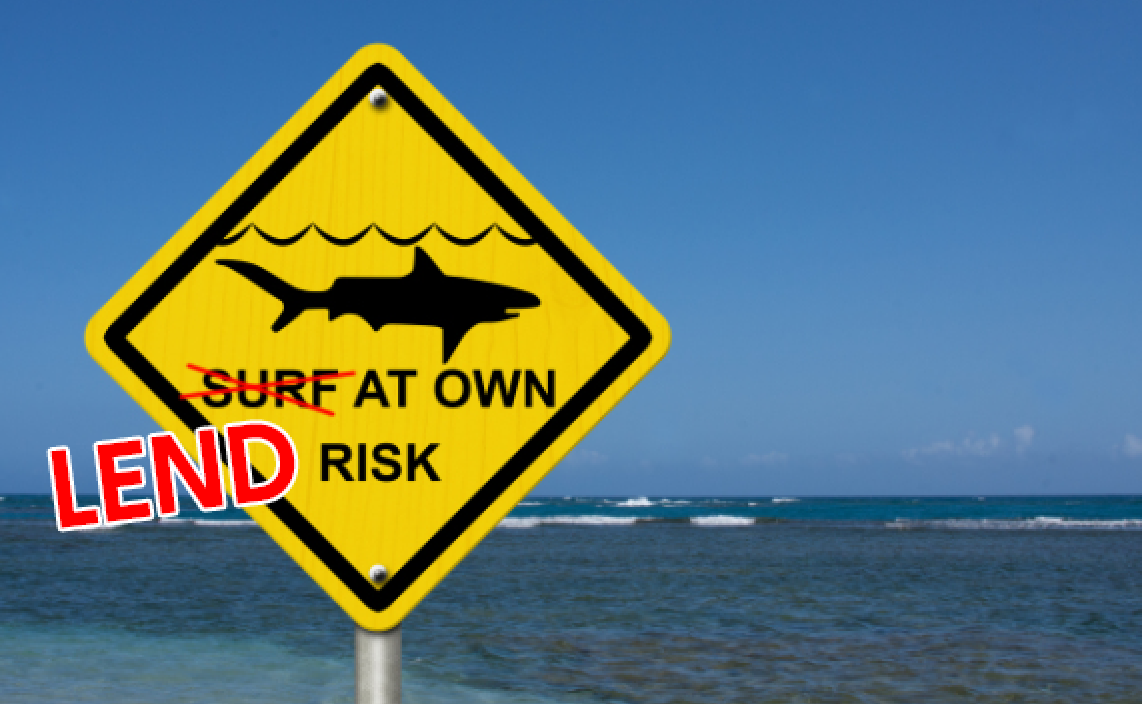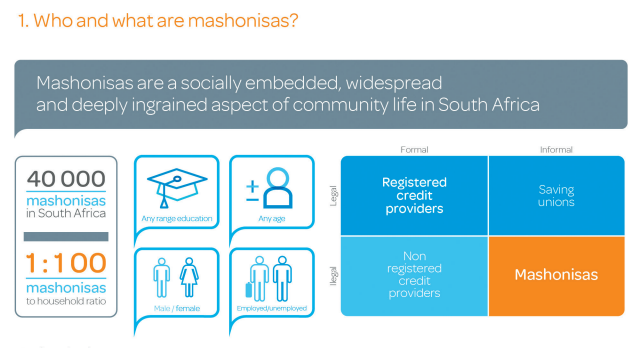Are We in a Global Loan Shark Crisis?

In 2022, the cost of living rose sharply across the globe with essentials like food and energy reaching unprecedented highs. Salaries, however, have stayed the same, and for many people, this means they’re not able to afford basic necessities even when in full-time employment.
Household debt in the UK increased last year by over 11% and shows no signs of stopping. With people forced to take out credit cards, often with high-interest rates, and constantly using their overdrafts to pay for things like food, debt is becoming a bigger problem than ever before.
The situation is even more desperate for those who are already in very low employment, who have existing unpaid debts, and whose low credit score means they have trouble obtaining these types of “buffer” credit products, such as credit cards and overdrafts.
When people find themselves in these situations, they’re vulnerable to unscrupulous lenders such as loan sharks who offer them instant cash without dealing with banks or credit checks. It’s estimated that more than a million people in England alone could be borrowing from loan sharks.
In this post, we’re going to be looking at the problematic rise in loan shark lending that is taking advantage of people in a vulnerable and precarious financial situation, as well as offering practical guidance on how to identify and avoid them.
What is a Loan Shark?
A loan shark is an individual or group providing high-interest loans to borrowers. The problem with loan sharks is that they aren’t registered as official credit lenders in the same way that banks or credit card companies are and aren’t subject to the same regulations designed to protect consumers.
This means they’re able to control the amount of interest they charge, which is often obscene when compared with traditional credit products.
For example, the average interest rate on a credit card from a high street bank in the UK is between 19% to 25%. If you use a loan shark, the average interest rate is anywhere between 45% to 1500% - or whatever they feel like charging, really.
With such eye-watering interest rates, you’re probably wondering why people would even go near a loan shark.
As the saying goes: “desperate times call for desperate measures.” Loan sharks cater to a very specific market, and they know that these people are in need of a cash injection, but aren’t able to obtain it via a traditional lending method.
In other words, their whole business model is based on fear and exploitation, but also on knowing that once people start borrowing from them, they’re locked in a never-ending cycle, and this is how they make money.
A recent ‘mashonisa’ lending report by regulated instant loan provider Wonga, the leading lender in South Africa, takes a deeper look into the growing loan shark crisis in the country, and the risk they pose to the most vulnerable within society.

“Mashonisas is a socially embedded, widespread, and deeply ingrained aspect of community life in South Africa. There are over 40,000 mashonisas operating in South Africa. Their most active areas show an average 1:100 mashonisa to household ratio.”
While the report focuses on the South African problem with mashonisas aka loan sharks, as economic instability continues to affect the rest of the world, this is a problem that’s steadily getting worse in developing nations and established economies alike.
The Global Loan Shark Crisis
According to some estimates, there are over one million people in the UK alone who are in debt to loan sharks, and around the world, this is expected to be even higher.
The problem is especially pronounced in developing countries, where access to formal banking and financial services is limited. In these countries, loan sharks often operate with impunity, taking advantage of those who are most vulnerable and desperate, using threats of violence to get their repayments.
Signs of a Loan Shark
Although there’s a big difference between a loan shark and a traditional bank, they’re not as easy to spot as you might think. However, here are a few things to look out for if you’re trying to borrow money so that you can avoid loan sharks.
- Advertising their services through things like flyers, billboards, social media, or even word of mouth
- Promising guaranteed loans with no credit checks, little or no paperwork, and no questions asked
- Fast payout (usually within a few hours, or at most one day)
- Payments in cash if requested
These things all seem great to someone who’s struggling for cash, but it’s important to remember that if something seems too good to be true, it usually is.
Once you look closer at what a loan shark is offering, you’ll notice that the small print states you’re required to pay the money back very quickly - usually within a week or two.
The interest rates are usually shockingly high, meaning that you pay more in interest alone than the amount you borrowed in the first place.
They may also require collateral, such as your car or home, in order to secure the loan.
With the exception of a mortgage, borrowing money from a bank or high street lender will never require that your home is used to secure your loan.
What to Do if You’re a Victim of a Loan Shark
If you think you may be dealing with a loan shark, it's important to take action right away. The first step is to contact your local police or consumer protection agency. They may be able to help you get out of the situation and protect you from further harm.
It's also important to document all of your interactions with the loan shark. Make sure to keep records of any payments you make, any threats you receive, and any other information related to the loan. This information can be used to help build a case against the loan shark.
How to Avoid Loan Sharks
The best way to protect yourself from loan sharks is to avoid them altogether. Here are a few strategies to help you do that:
- Research any lender you're considering.
- Make sure the lender is legitimate and that they are registered with the appropriate government agencies.
- Don't be tempted by promises of a quick loan. Legitimate lenders will never guarantee a loan without a credit check.
- Don't accept a loan if you can't afford to pay it back. The interest rates and fees charged by loan sharks can be exorbitant, and it can be difficult to pay them back.
Global Efforts to Fight Loan Sharks
In recent years, governments around the world have taken steps to combat the rise in loan sharks. In some countries, such as the United Kingdom, there are laws in place to protect borrowers from loan sharks.
In other countries, such as the United States, there are laws that require lenders to disclose all of the terms of the loan and provide borrowers with a cooling-off period before they can sign any documents, as well as a national cap on interest rates, known as the Loan Shark Prevention Act 2019.
In addition, many governments have set up agencies to help people who are in debt to loan sharks. These agencies can help borrowers negotiate with loan sharks and find alternative sources of credit.
Loan sharks are an ever-growing problem globally, and it's important to know what to look for and how to protect yourself.
With the right information and strategies, you can avoid loan sharks and protect yourself from their exploitative practices. If you find yourself in need of money, it’s important to do your research and avoid loan sharks at all costs.
(Disclaimer: Devdiscourse's journalists were not involved in the production of this article. The facts and opinions appearing in the article do not reflect the views of Devdiscourse and Devdiscourse does not claim any responsibility for the same.)










